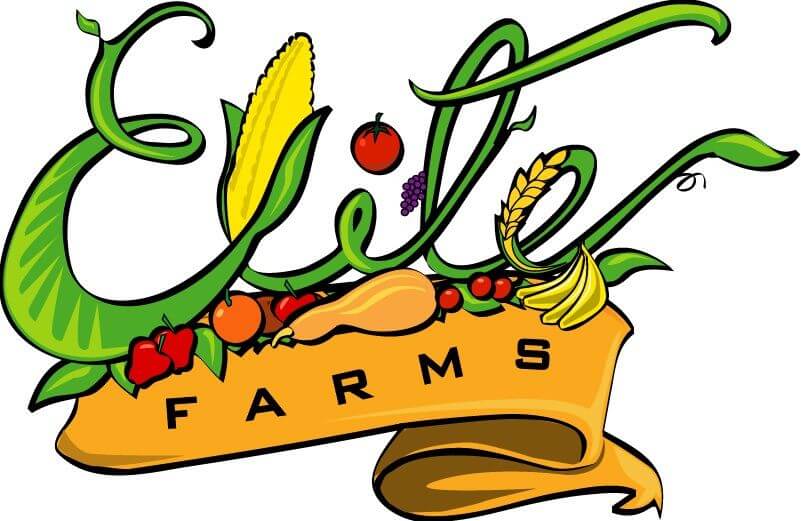Like nearly all fields of professional study, lessons are best learned when being experienced in the most realistic environment possible– and what better environment is there than being out in the real world experiencing the industry you one day plan to be a part of?
At a time when the agriculture industry is desperate for young growers, internships can prove pivotal to helping younger generations identify a career in the industry that could also work for them and their skillset. Not to mention, being granted an internship can be beneficial for young scholars already interested in ag in order to identify a specific niche within the broad field of agricultural science.
Different companies have different requirements for what type of students they admit into their internship programs, the most common requirements being that the applicant have at least 2 years of courses as an undergraduate and be within the ages of 18 and 30. The summer after a college student’s junior year and before the senior year is the typical time that many apply for an internship in their field. Given that the summer is peak farming season in most of the United States, it’s peak time to gain invaluable hands-on experience as well.
An internship can aid a student in figuring out what path they want to take, and helps ease them into the hard work of their chosen field. Not to mention that students also gain connections that will stay with them throughout the rest of their careers, gaining a closer perspective of potential employers while discovering themselves as people. Experiential learning also gives them the opportunity to learn teamwork in a real-world environment. While under the guidance of experienced faculty, students often find themselves improving their skills of communication with ease.
Scholars gain valuable work experience while studying essential subjects like growing and prepping different types of animals and plants, creating hybrids, and while conducting important research which could be used to make farming systems more environmentally sound.
An internship is different from lab work in a college course in that the stakes are a bit higher. Interns learn how to properly determine controls and variables, carefully noting observations and recording data in an environment where accuracy truly counts. For students who come to the programs from abroad, the lessons learned from hands-on research on farming necessities like engineering, agronomy, food science, and conservation of natural resources can be applied to the land where these students live, spreading up-to-date research and technology protocols to areas of the world where such information may be hard to come by.
Though diligence and steadfast commitment, agricultural science students can build up their resumes with their internship as proof of their competency and value in their chosen fields, creating a smoother path towards long-term employment with desirable employers.

